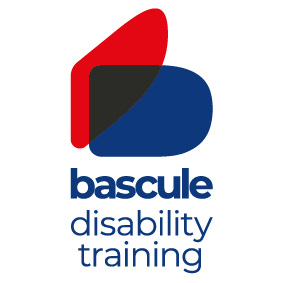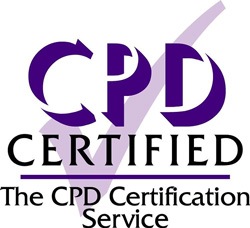Can undisclosed disabilities be discriminated against?

At Bascule, we have a number of key statistics that we frequently recite. The reason for this is that they are eye-opening, revealing and highlight the most significant barriers to achieving greater inclusivity.
One of the most commonly repeated is that 43% of people with hidden disabilities do not disclose their disability to their employer. Now, in a lot of our content, we discuss the implications of this for the people with disabilities, and as you can imagine, it has a significant impact on wellbeing, stress, mental health, physical health, productivity and so on. (You can read more about the detrimental impact of secrecy in this blog, and you can read about the reasons for hiding disabilities in this one.)
But what are the dangers for employers if their staff feel uncomfortable disclosing their disability? Obviously, if employees are hiding a disability, there is a deeper cultural issue that needs addressing, as this reveals that individuals feel that the organisation is not equipped or worse still unwilling to support their needs, and preventing staff from bringing their best selves to work is not great, but does it all end there?
Well, not quite …
We all know that under the Equality Act 2010, employers have a legal duty to make reasonable adjustments for employees with disabilities – but did you know that in some cases employers must make reasonable adjustments even if their employee has not disclosed a disability.
How? Well, employers are expected to know about a disability if an employee demonstrates symptoms or if they are privy to other relevant information, meaning they can still be liable for disability discrimination if they fail to make accommodations for an undisclosed disability.
The ACAS website verifies this stating that: “By law, an employer must make reasonable adjustments if they know, or could be reasonably expected to know, that someone is disabled. It could be disability discrimination if an employer fails to make reasonable adjustments.”
Courts in the UK have, in many instances, ruled that the onus is on employers to be aware of their employees' health and to take appropriate steps to support them, regardless of formal disclosure. To better understand how that would work, let’s look at a recent case.
GALLOP VS NEWPORT CITY COUNCIL
The Gallop v. Newport City Council case involved an employee, Mr. Gallop, who suffered from stress and depression. Over two years, Mr. Gallop took extended sick leave due to work-related stress. During this period, the local authority consulted Occupational Health to determine whether the release of Gallop would be discrimination. OH advised that would not, but failed to provide any detailed reasoning behind their conclusion. Eventually, the local authority dismissed Mr. Gallop for gross misconduct.
Gallop had not formally disclosed his condition as a disability and made disability discrimination claims, whilst NCC stated it had no constructive knowledge of Gallop’s disability.
The key legal issue was whether Newport City Council had an obligation to make reasonable adjustments for Gallop under the Equality Act 2010. The Court of Appeal ruled in Gallop’s favour, stating that employers must actively engage in identifying whether an employee's condition could be a disability and take action to support them, even if the employee has not clearly disclosed their condition as a disability. Mr Gallop was awarded over £60k compensation. (You can read the full case here).
So, in summary, a lack of disclosure doesn’t necessarily mean that an individual doesn’t have a disability, and more importantly, a lack of ‘knowledge’ of a person’s disability, doesn’t mean an employer is exempt from discrimination. When there are visible or obvious signs, or when the employer has any kind of information or knowledge that resembles a staff member having a disability, the employer can still find themselves liable and should therefore offer reasonable adjustment and relevant support.
Of course, in an ideal world, these situations would play out differently as disability awareness training would have been provided for all staff members, and an open and supportive culture would be established, meaning staff would not need to hide their disabilities in the first place.
That’s why we are here - to help organisations avoid these scenarios and for people with disabilities to thrive in the workplace, around knowledgeable, empathetic and supportive colleagues, allowing them to bring the best versions of themselves to work.
CHRIS JAY, MANAGING DIRECTOR, BASCULE DISABILITY TRAINING



